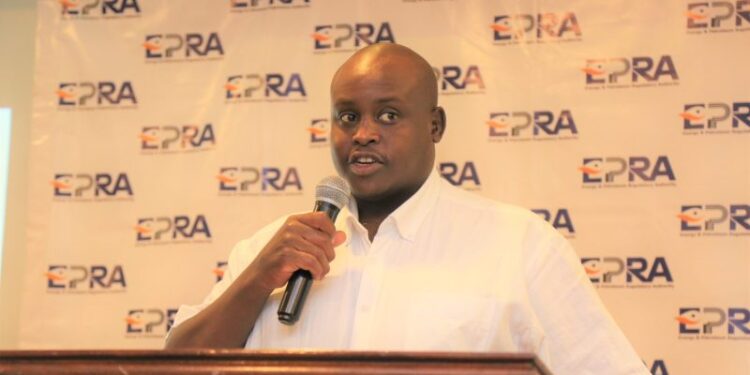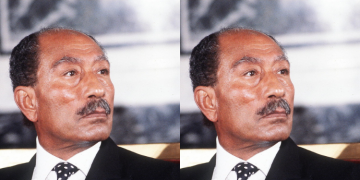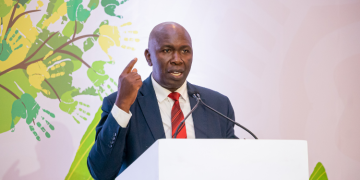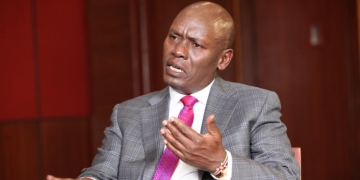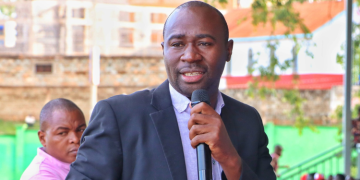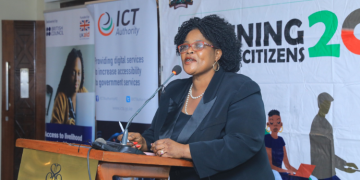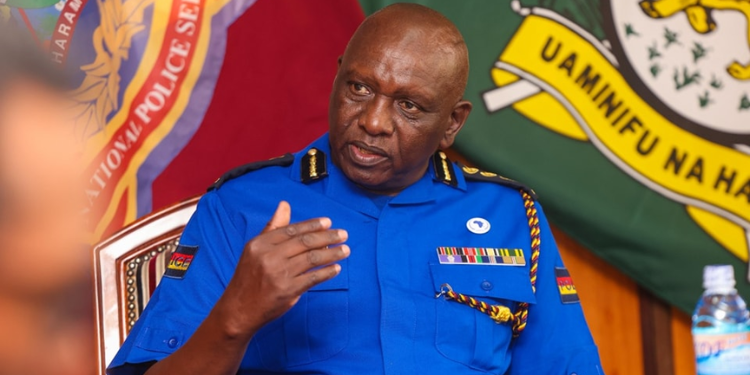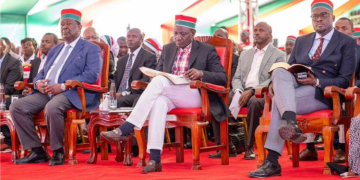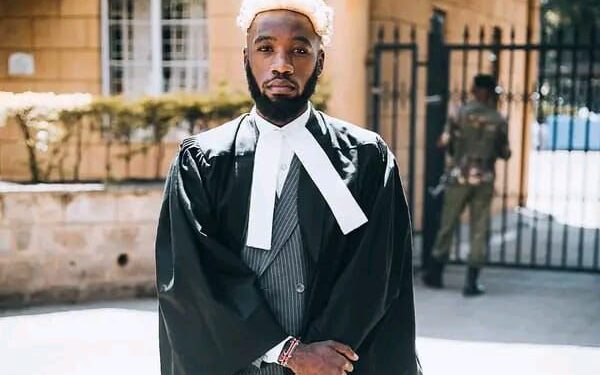Days after the Law Society of Kenya – LSK unmasked Brian Mwenda masquerading as an advocate of the High Court of Kenya, legal experts now argue that the man will never be admitted to the bar.
In a statement on Saturday, October 14, Senior Counsel (SC) Otiende Amollo said Mwenda can never become an advocate of the High Court because of his impersonation cases.
Further, the Rarieda Member of Parliament (MP) and a distingusihed lawyer, sympathized with Mwenda but said he cannot practice law in Kenya.
“My sympathies go to Mr Brian Mwenda. He may get all the social media support, and encouragements from COTU Secretary General Francis Atwoli and Mike Sonko, sadly, he can never be admitted as an advocate of the High Court of Kenya, on account of prior impersonation.
He can try in Uganda or Tanzania,” said Otiende.
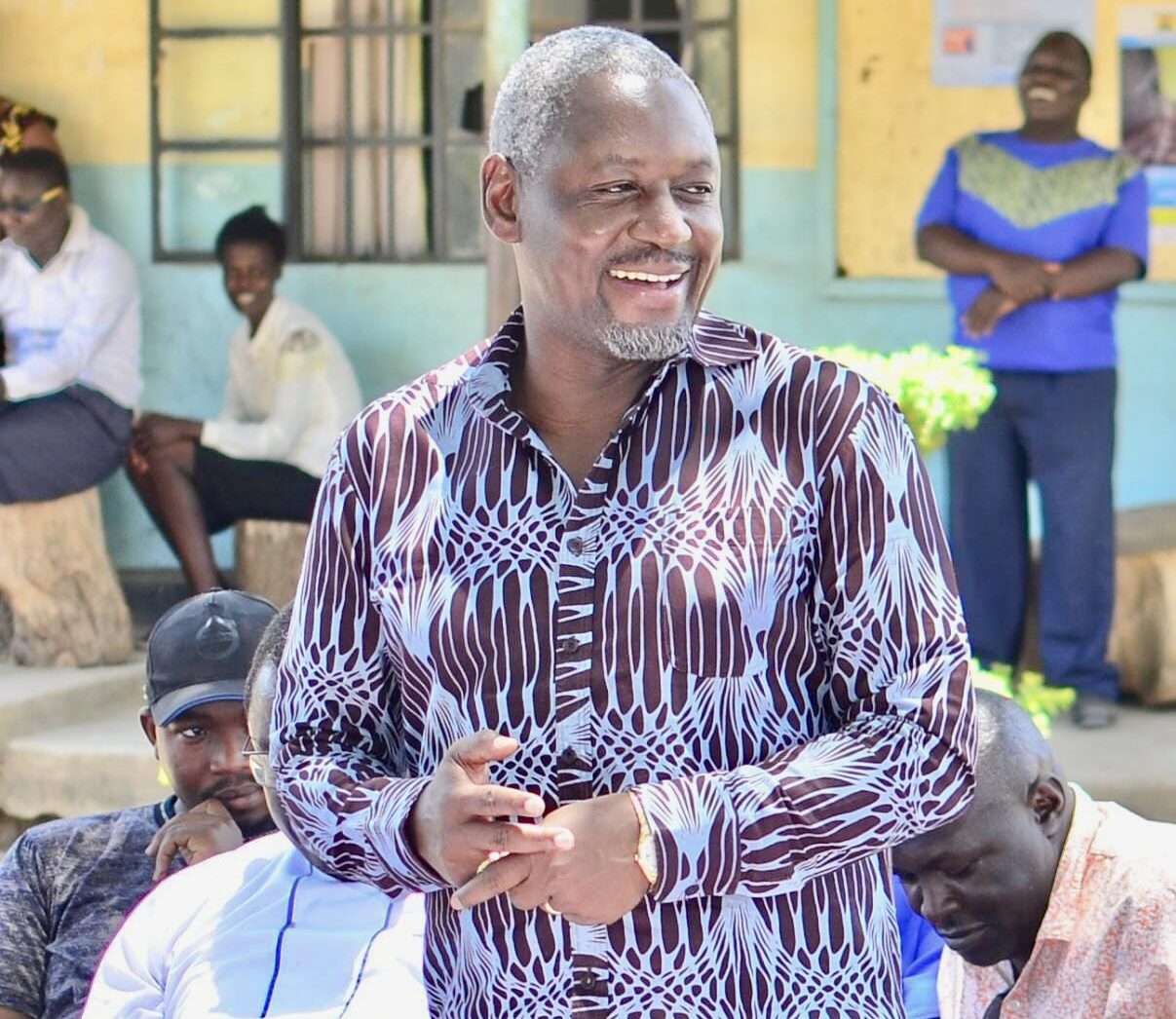
Speaking to The Kenya Times, Mwaura Muroki, an advocate of the Hight Court, agreed with SC Otiende saying that the Chief Justice (CJ), Martha Koome, cannot admit Mwenda to the bar as an advocate.
“SC Otiende Amollo is right, even if he was to escape conviction by some miracle, no one, no CJ in their right mind shall allow such a person to be an advocate,” said Lawyer Muroki.
Further, Muroki explained that one must possess the necessary academic and experience qualifications to be registered as an advocate including a degree in law (LLB), postgraduate diploma in law (PGD), Kenya School of Law (KSL) or be a pupillage, a student barrister.
Additionally, he stated that one must be of good character and stand or petition the CJ to admit them to the bar.
“No lawyer shall lay testament to his (Mwenda’s) good standing,” added Muroki.
Qualifications Brian Mwenda Must Meet to be Advocate
Advocates are admitted by the Chief Justice who hears their petition for admission and grants an order admitting the individual as an Advocate. The Council of Legal Education (CLE) and the Law Society of Kenya (LSK) have the right of audience during the hearing of the petition.
Once the order is granted, the individual takes an oath or makes an affirmation as an officer of the Court before the Chief Justice and signs the Roll of Advocates before the Chief Registrar or a Deputy Registrar.
It is an offence to practice law without admission as an Advocate of the High Court of Kenya.
A person seeking admission to the bar needs to demonstrate their qualifications, service and moral fitness to practice law.
The qualifications for admission as specified under Section 12 and 13 of the Advocates Act are as follows:
Subject to this Act, no person shall be admitted as an advocate unless—
(a) he is a citizen of Kenya, Rwanda, Burundi, Uganda or Tanzania; and
(b) he is duly qualified in accordance with section 13.
Also Read: LSK President Clarifies Brian Mwenda Winning 26 Cases
Professional and academic qualifications
(1) A person shall be duly qualified if—
(a) having passed the relevant examinations of any recognized university in Kenya he holds, or has become eligible for the conferment of, a degree in law of that university; or
(b) having passed the relevant examinations of such university, university college or other institution as the Council of Legal Education may from time to time approve, he holds, or has become eligible for conferment of, a degree in law in the grant of that university, university college or institution which the Council may in each case approve;
and thereafter both—
- he has attended as a pupil and received from an advocate of such class as may be prescribed, instruction in the proper business, practice, and employment of an advocate, and has attended such course or tuition as may be prescribed for a period which taken together including such instruction, does not exceed eighteen months; and
- (ii) he has passed such examinations as the Council of Legal Education may prescribe; or

Brian Mwenda. PHOTO/Courtesy.
(c) he possesses any other qualifications which are acceptable to and recognized by the Council of Legal Education.
(d) he is an Advocate for the time being of the High Court of Uganda, the High Court of Rwanda, the High Court of Burundi, or the High Court of Tanzania.
(e) he is for the time being admitted as an advocate of the superior court of a country within the Commonwealth.
(i) has practiced as such in that country for a period of not less than five years.
(ii) is a member in good standing of the relevant professional body in that country.
Provided that the Council may, in addition, require that a person to whom this paragraph applies undergo such training, for a period not exceeding three months, as the Council may prescribe for the purpose of adapting to the practice of law in Kenya.
(2) The Council of Legal Education may exempt any person from any or all the requirements prescribed for the purposes of paragraph (i) or paragraph (ii) of subsection (1) upon such conditions, if any, as the Council may impose.
Also Read: 5 Questions Raised After LSK Unmasked Fake Advocate Brian Mwenda
Differences between a lawyer and an advocate
A lawyer and an advocate are two different terms with varying meanings.
A lawyer is a legal professional who has attended law school and successfully obtained a Bachelor of Law (LLB) degree. The term may be used to designate anyone in the legal field.
However, an advocate goes beyond the degree level and must enroll at the KSL for a postgraduate diploma in legal studies.
Further, for one to practice as an advocate, he/she must be admitted to the bar and be a member of the Law Society of Kenya (LSK).
The major distinction between the two is that a lawyer is not eligible to represent a client in the court of law, speak on behalf of a client or plead the client’s case. Only advocates represent clients in courts.


